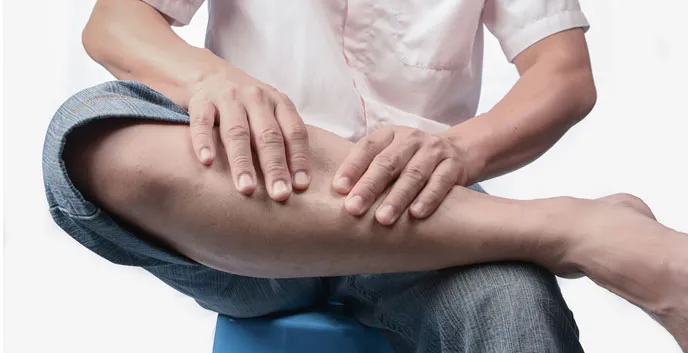Two particular types of nervous damage (neuropathy) have increased as a greater number of people develop diabetes in the United States, an expert points out.
Autonomous neuropathy and small fibers used to be rare conditions.Both occur when small blood vessels that feed the nerves are damaged by diabetes because they do not receive enough oxygen or nutrients, commented Dr. Discreet Kaur, a neurologist at the Milton S. Hershey Medical Center of Penn State Health.
Diabetes is one of the main causes of neuropathy, and about 30 million Americans currently have diabetes, Kaur said.The most common is that people with diabetes suffer from nerve damage that cause numbness at the feet and toes.This is known as peripheral neuropathy, according to the American Diabetes Association (American Diabetes Association).
Autonomous neuropathy affects involuntary body functions, such as blood pressure, digestion, sexual function, urination, temperature control and sweat regulation.
"The most common symptom is dizziness, especially when standing. The blood pressure lowers both when they stand that people feel as if they were fainting," Kaur said in a press release from the Penn State.
People with small fibers neuropathy often feel burning pain that in the end rises through the legs.It can also affect the hands.
"People do not know or do not recognize the symptoms, and they go to different doctors without receiving a diagnosis," Kaur lamented.
"It is not that all patients who present these symptoms undoubtedly have that neuropathy. Once the primary care doctor rulessaid.
There is no cure for either of the two forms of neuropathy, and the treatment varies according to the part of the affected body and the symptoms, according to Kaur.
The treatment of small fiber neuropathy often implies controlling pain.In autonomous neuropathy, drugs can be used to help regulate body functions that work badly, he said.
The progression of neuropathy associated with diabetes or other underlying conditions can be stabilized or slowed by controlling and treating those conditions.But an underlying condition cannot be identified in almost a third of patients with neuropathy, the researchers said.
Source: Penn State Health


